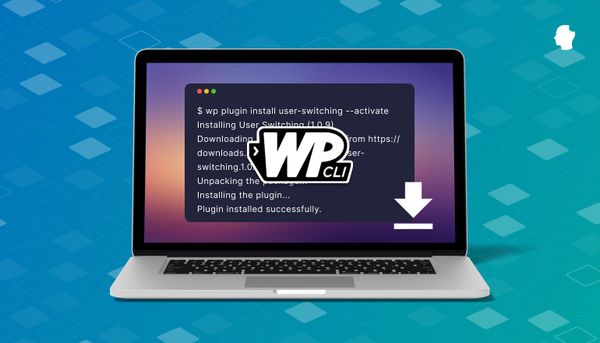In this issue of Delicious Brain Bytes, we look into the upcoming release of WordPress 6.7, the results of the 2024 ACF survey, and much more!
Template Registration API Coming in WordPress 6.7
WordPress 6.7 is scheduled for release on November 12, 2024. The third release candidate is currently available for download and testing.
For developers, the most interesting new feature may be the introduction of the Template Registration API, which simplifies how plugins manage and register templates and template parts. Templates registered this way will appear as usual in the WordPress Site Editor.
Writing about the new API, Fabian Kägy notes, “Plugins can also override templates from the WordPress template hierarchy, such as the archive page of a custom post type or a specific author page.
“Theme templates take priority over plugin-registered templates, allowing themes to override specific plugin templates just as they can with WordPress templates.”
Other significant enhancements coming in WordPress 6.7 includes a “Zoom Out” view for patterns, support for uploading HEIC and HEIF image formats to the Media Library, and updates to the Query Loop block that make it automatically inherit queries from the template by default.
Trends and Insights From the 2024 ACF Survey
The first-ever ACF annual survey was launched in 2023, designed to gather insights into how users leverage ACF to build WordPress sites and then apply those insights to plugin development. The findings for the 2024 survey have now been released, and help provide a deeper understanding of user preferences, development practices, and emerging trends within the WordPress ecosystem.
The ACF blog unpacks some of the 2024 survey’s key findings, highlighting the most significant trends, user behaviors, and feature usage. Highlights included:
- 71% of respondents use ACF on all their websites.
- A significant proportion of users are developers working for agencies, maintaining one to three sites monthly.
- There has been a rise in the use of hybrid themes, with classic WordPress themes decreasing in popularity.
- 57% of users build blocks using ACF Blocks.
Check out the full results here.
Study: Women Still Face Barriers in WordPress
A recent study by WP Includes sheds light on the gender equality landscape within the WordPress business community. The study, Gender Equality in WordPress Businesses study reveals significant underrepresentation of women in leadership roles and systemic barriers to their career advancement.
Key findings include:
- Only 4% of companies supporting Five for the Future and just five out of 69 WordPress VIP Agency Partners are led by women.
- Women face challenges in securing managerial positions, with most reporting to male managers.
- Women often experience workplace disparities, including lower support for career development and fair pay.
- Nearly a quarter of women reported experiencing harassment, bullying, or discrimination at work. The study also provides actionable recommendations for companies to address these issues.
To learn more about the study’s findings and the pathways to change, you can download the full report.
State of CSS Report
We may look back at 2024 as the turning point between “CSS Classic” and “New CSS,” according to the 2024 State of CSS report. The survey, run by Devographics with help from a team of open-source contributors and consultants, was created to identify upcoming trends in web development.
As noted in the survey results, “New CSS” leverages features like Subgrid, :has(), variables, and container queries to eliminate the need for external tools and JavaScript workarounds.
Check out the full report for more insights.
Code Syntax Highlighting in Headless WordPress
If you’re using headless WordPress with Next.js or other frontend frameworks, you might have noticed the native WordPress code block doesn’t support syntax highlighting. This can be a problem for developer-focused sites or tutorials where reading and understanding code snippets is key.
This shortcoming of the native code block often leads developers to look for other solutions that support code syntax highlighting. In this guide, Francis Agulto shows us how to install and use Code Block Pro with a headless WordPress setup, ensuring your code snippets are presented properly on the front end.

The Complete Guide to Installing WP-CLI
The WordPress command line interface (WP-CLI) is a powerful WordPress-developer focused tool. We use it to help us write tests, manage changes to site databases, and we even have WP-CLI support in WP Migrate.
In this article, Erik Torsner covers installing WP-CLI and setting it up to work efficiently with tab completion and a WP-CLI configuration file.


